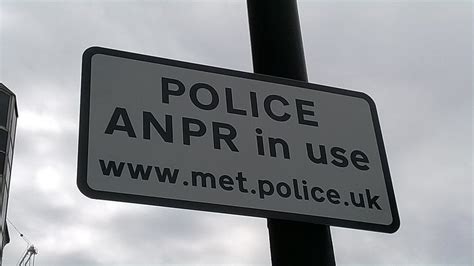ICO Rules Royston's ANPR Camera System Disproportionate

The Information Commissioner’s Office (ICO) has ruled that police in Royston, Hertfordshire, must review their controversial Automatic Number Plate Recognition (ANPR) camera system two years after its introduction. The system, installed in 2011, tracks every vehicle entering or leaving the town, creating what critics have called a “Ring of Steel.”
The ICO’s enforcement notice highlighted the disproportionate nature of the surveillance and ordered Hertfordshire Constabulary to review its use. The cameras, which record the number plate details of all vehicles and store the data for two years, have faced significant backlash from privacy advocates for infringing on motorists’ rights.
Privacy Concerns and ICO Findings
The ICO investigation followed complaints from privacy groups No CCTV, Big Brother Watch, and Privacy International. Their concerns centered on the lack of a proper privacy impact assessment prior to the system’s deployment. ICO Head of Enforcement Stephen Eckersley stated, “It is difficult to see why a small rural town such as Royston requires cameras monitoring all traffic in and out of the town 24 hours a day. The use of ANPR cameras and other forms of surveillance must be proportionate to the problem it is trying to address.”
The ICO found that Hertfordshire Constabulary failed to justify the blanket vehicle tracking system, deeming the collection of data unlawful under principle one of the Data Protection Act and excessive under principle three. As a result, the ICO has ordered the police force to halt data processing unless it can justify the cameras’ use with a comprehensive privacy impact assessment.
Police Response and Justification
Hertfordshire Constabulary has consistently defended the scheme, arguing that it makes Royston the safest town in the county by deterring professional criminals. A spokesperson for the force stated, “The Constabulary’s belief is that an enforcement notice was not necessary in this instance – not because we reject the Commissioner’s concerns, but because we are already working towards remedying them.”
The police emphasized the importance of ANPR technology for crime prevention and detection. While welcoming the ICO’s advice on strengthening privacy impact assessments, they reaffirmed their intention to continue using the cameras, provided they can demonstrate proportionality.
Public Reactions and Broader Implications
Privacy advocates have hailed the ICO’s ruling as a landmark decision. Charles Farrier, co-founder of No CCTV, said, “The ICO has validated our view that blanket vehicle tracking should have no place in a democratic society. The ANPR camera network amounts to an automated checkpoint system that is the stuff of totalitarianism.”
The system, which uses high-definition fibre optic cameras to monitor vehicle movements and compile “hot lists” of suspicious vehicles, has made it impossible for anyone to enter or leave Royston without a record being kept. Critics argue this level of surveillance is excessive for a small, rural town.
Moving Forward
The ICO’s enforcement notice sends a clear message to police forces nationwide: any use of ANPR cameras or similar surveillance technology must be proportionate and backed by a thorough assessment of its privacy implications. Mr. Eckersley added, “We hope this enforcement notice sends a clear message to all police forces that the use of ANPR cameras needs to be fully justified before they are installed.”
The scheme’s funding by Hertfordshire Police, North Hertfordshire District Council, and the regeneration company Royston First has also drawn scrutiny. For now, Hertfordshire Constabulary must address these privacy concerns to ensure its surveillance measures align with legal and ethical standards.
Read on No-CCTV.org.uk
